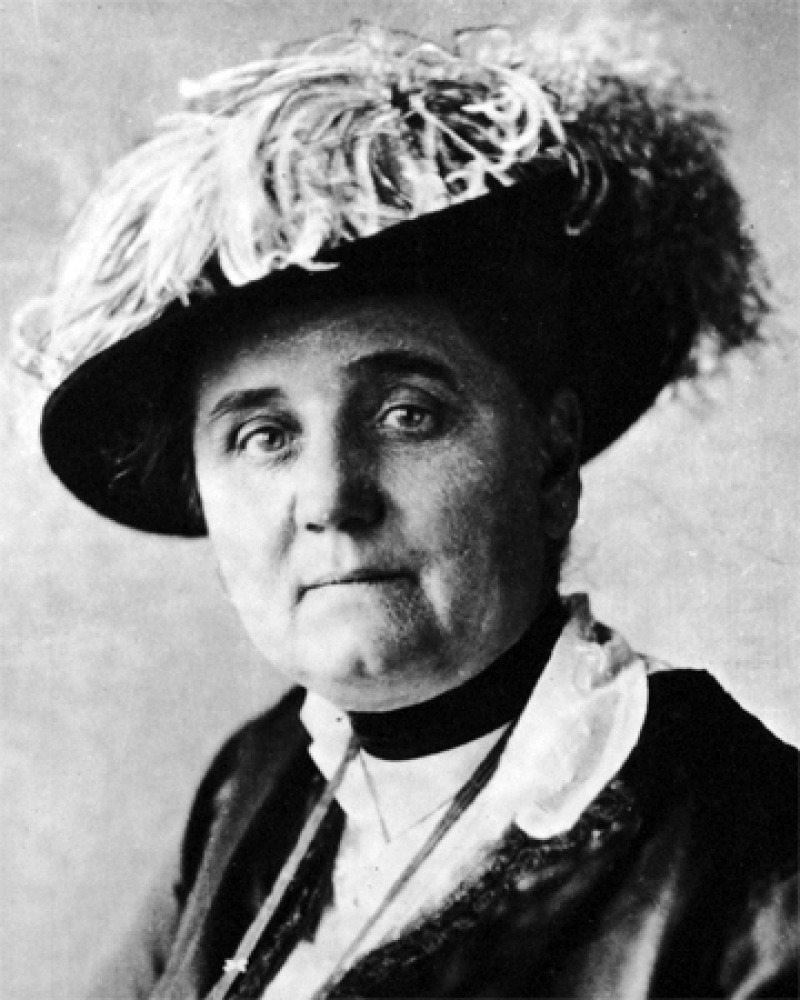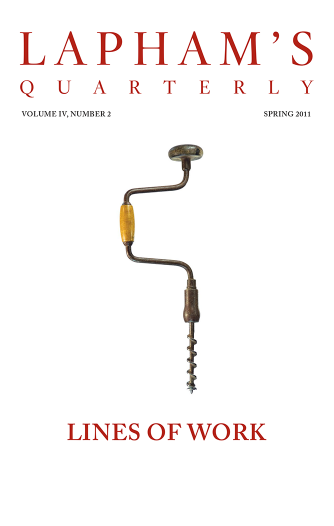
Richard Steele
Quoted in The Tatler,
1710
Quoted in The Tatler,
The first sense of sorrow I ever knew was upon the death of my father, at which time I was not quite five years of age; but was rather amazed at what all the house meant than possessed with a real understanding why nobody was willing to play with me. I remember I went into the room where his body lay, and my mother sat weeping alone by it. I had my battledore in my hand and fell a-beating the coffin and calling Papa, for, I know not how, I had some slight idea that he was locked up there. My mother caught me in her arms, and transported beyond all patience of the silent grief she was before in, she almost smothered me in her embraces; and told me in a flood of tears Papa could not hear me and would play with me no more, for they were going to put him underground, whence he could never come to us again. She was a very beautiful woman, of a noble spirit, and there was a dignity in her grief amidst all the wildness of her transport; which, methought, struck me with an instinct of sorrow that, before I was sensible what it was to grieve, seized my very soul and has made pity the weakness of my heart ever since.


